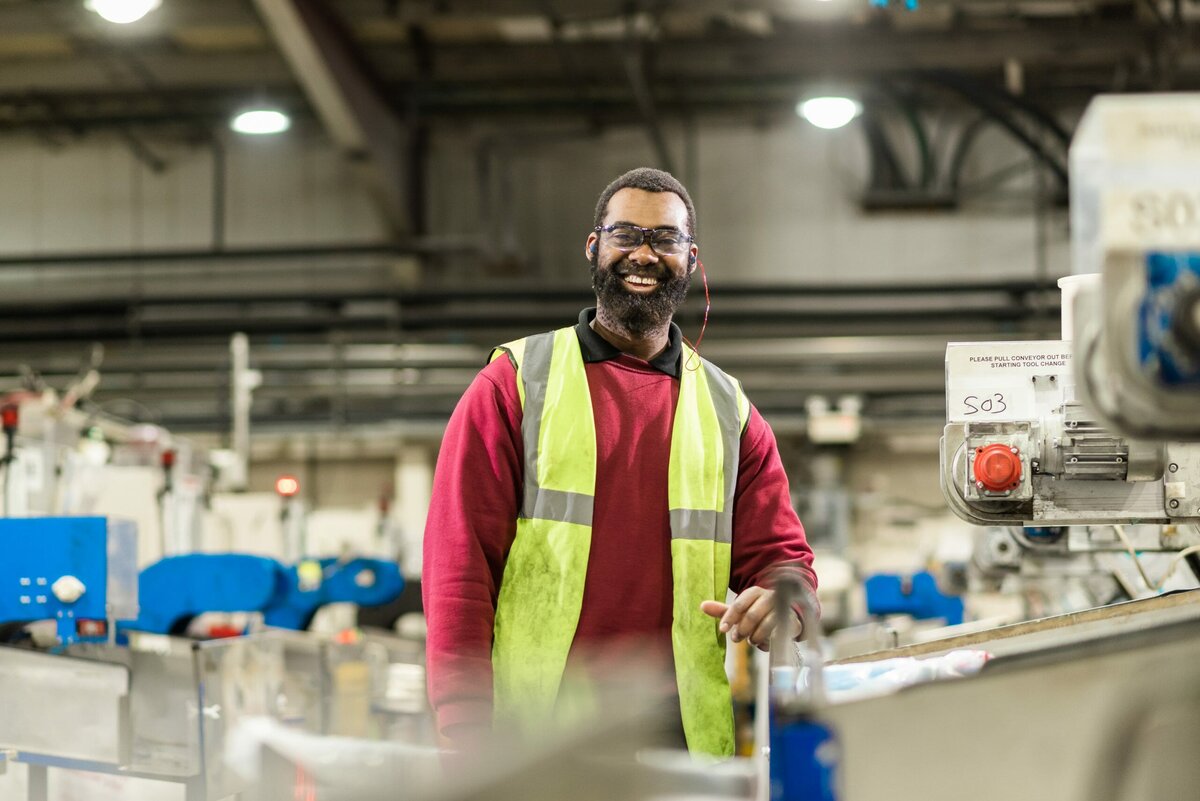Essentra Components, the global manufacturer of essential industrial components, has significantly increased the percentage of post-consumer recycled plastics being used in components manufactured across its low density polyethylene (LDPE) product lines.
As part of its journey towards a more sustainable future, nearly all LDPE products produced at the UK facility are now being manufactured using at least 40% recycled plastics, and sometimes even more, without any drop in quality or performance.
Since production began in April 2021, 57 million parts have already been manufactured and distributed across Europe, the Americas and Asia and the Pacific with zero interruption to service, process or increase in cost to customers.
The development is part of Essentra Components’s wider sustainability strategy and part of its Circular Plastics Alliance pledge. Whilst the LDPE range is the current focus, the aim across the division is to incorporate more sustainable materials across the product portfolio so that at least 20% of material processed is from more sustainable sources by 2025.
To reach the 40% initial threshold, Essentra Components has invested hundreds of thousands of pounds into new machinery at its Kidlington, Oxfordshire plant allowing it to mix both virgin plastics resins with post-consumer resin, primarily made from recycled packaging from the bottled drinks industry. The new blending equipment ensure products maintain the same level of quality, integrity and durability but with a more sustainable make-up.
Richard Sederman, Essentra Components’s Strategy and M&A Director said “the move is not only designed to lower Essentra’s environmental impact, but also support its customers’ sustainability agendas: “Manufacturers across all markets are looking at ways to lower their carbon footprint across all scopes. Products like our new LPDE range allow our customers to do that with zero cost or interruption and without having to factor it into their sustainability strategies or budgets.
“The products are already in circulation and have been for 2 months, meaning customers have unknowingly already taken a big step in reducing their environmental impact. This means as we become more sustainable as a manufacturer and distributor, so to do our customers, speeding up the process towards a net zero industry.”
The initial product started at a ratio of 20:80 but continued research and development has allowed Essentra Components to achieve the 40:60 ratio with a view to progress it further to between 50% and 60% within the next few months.
Graeme Craig, Senior Industrial Issues Executive at The British Plastics Foundation said the announcement demonstrated a real success in carbon emissions reduction: “We welcome Essentra Components’ aspiration to use more recycled material in their products and applaud their achievements so far. Using more recycled plastic is one of the tools society has to reduce carbon emissions and announcements like this demonstrate positive progress is being made.”
Alongside integrating post-consumer plastics into its new and existing lines, Essentra Components is also researching ways in which to make its supply chain more circular, including collecting and recycling its own products from customers when they reach the end of their lifecycle.





